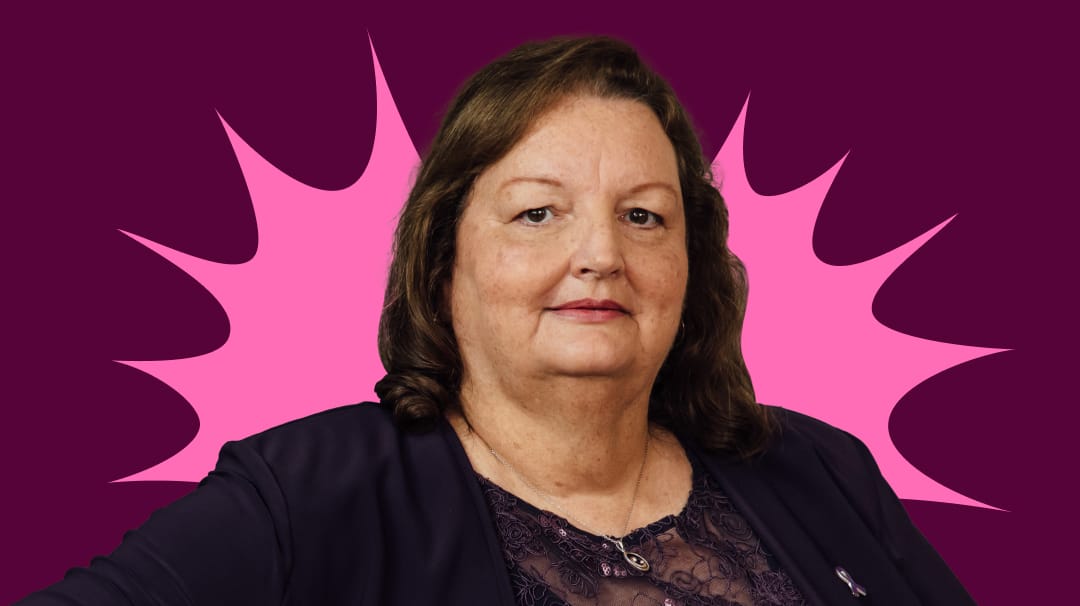Information for Parents and Caregivers

Parent and Caregiver Resources
As a parent or caregiver, it’s important to understand how teens can be affected by substance use and mental health challenges—and how these two issues may be connected.
By educating yourself, you can share what you learn with the teens in your life, be better prepared to answer their questions, and know how to help them find trustworthy resources.
There’s a connection between teen substance use and mental health challenges

The connection between substance use and mental health has not always been well understood. But recent research shows that these issues can go hand in hand.
Teens may use alcohol and other substances to help them cope with mental health challenges like stress, anxiety, and depression. Over time, ongoing use can lead to a substance use disorder (SUD). 1, 2
Substance use disorder (SUD): The frequent use of alcohol and/or drugs that causes problems in daily life.2
Using substances can also affect teens’ mental health and contribute to the development of some mental health conditions.2
Learn more about teen substance use and its connection with mental health challenges. [PDF – 7 MB]
By the numbers
The number of teens reporting poor mental health has increased over the past decade.1 In 2023, 40% of high school students stopped regular activities because of persistent feelings of sadness or hopelessness.1
The same study1 found that, among high school students, in the last 30 days:

reported experiencing poor mental health.
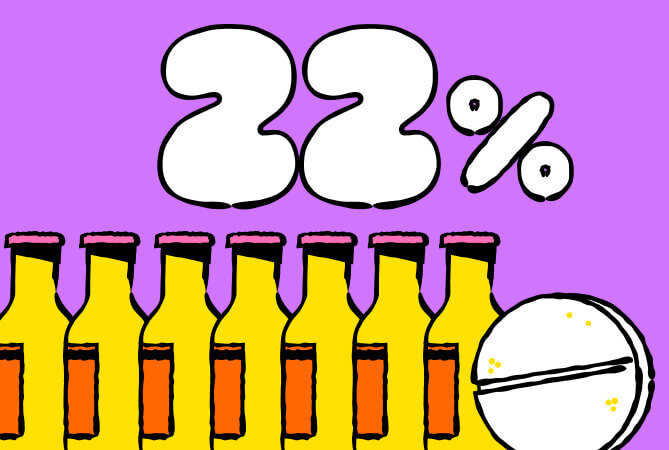
drank alcohol.
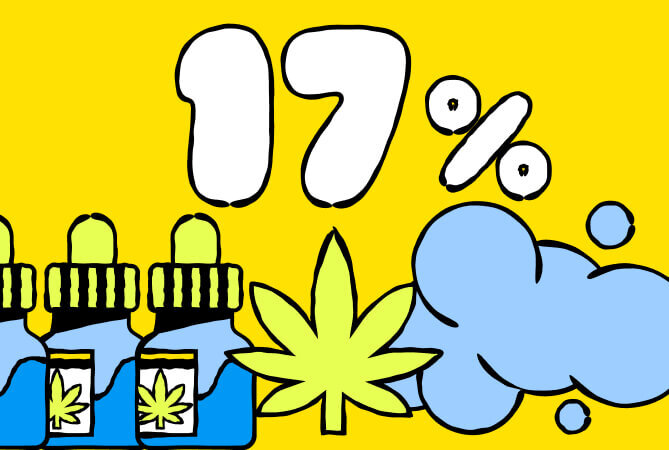
used marijuana.
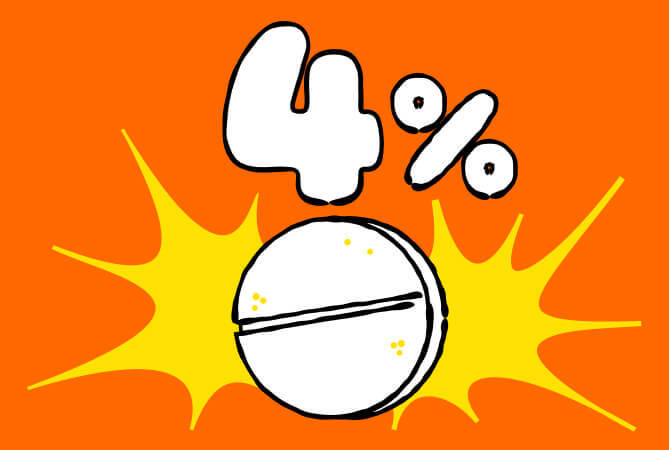
misused prescription opioids.
Real parents on the power of real connection
What parents and caregivers can do
Learning about and proactively supporting protective factors—like positive relationships, strong sense of self, and community involvement—can help teens stay healthy.3 At the end of the day, it all starts with connection.

Educate yourself about substance use and mental health issues.
Having a strong knowledge base will help you handle tough questions. It can also help you find a list of reliable resources to share with your teen. Start with learning about the kinds of substances teens may use.
Have honest conversations with your teen.
Talking with your teen about their mental health can help create a real connection and even help prevent substance use. Real talk makes a real difference.
Lead with compassion.
Fostering open communication can make teens feel more comfortable coming to you when they have questions or need support. You don’t have to be “with it” to get it.
Create a judgement-free zone.
By checking in with your teen regularly, you can keep the conversation going and help protect them against the pressure to use or misuse drugs and alcohol.
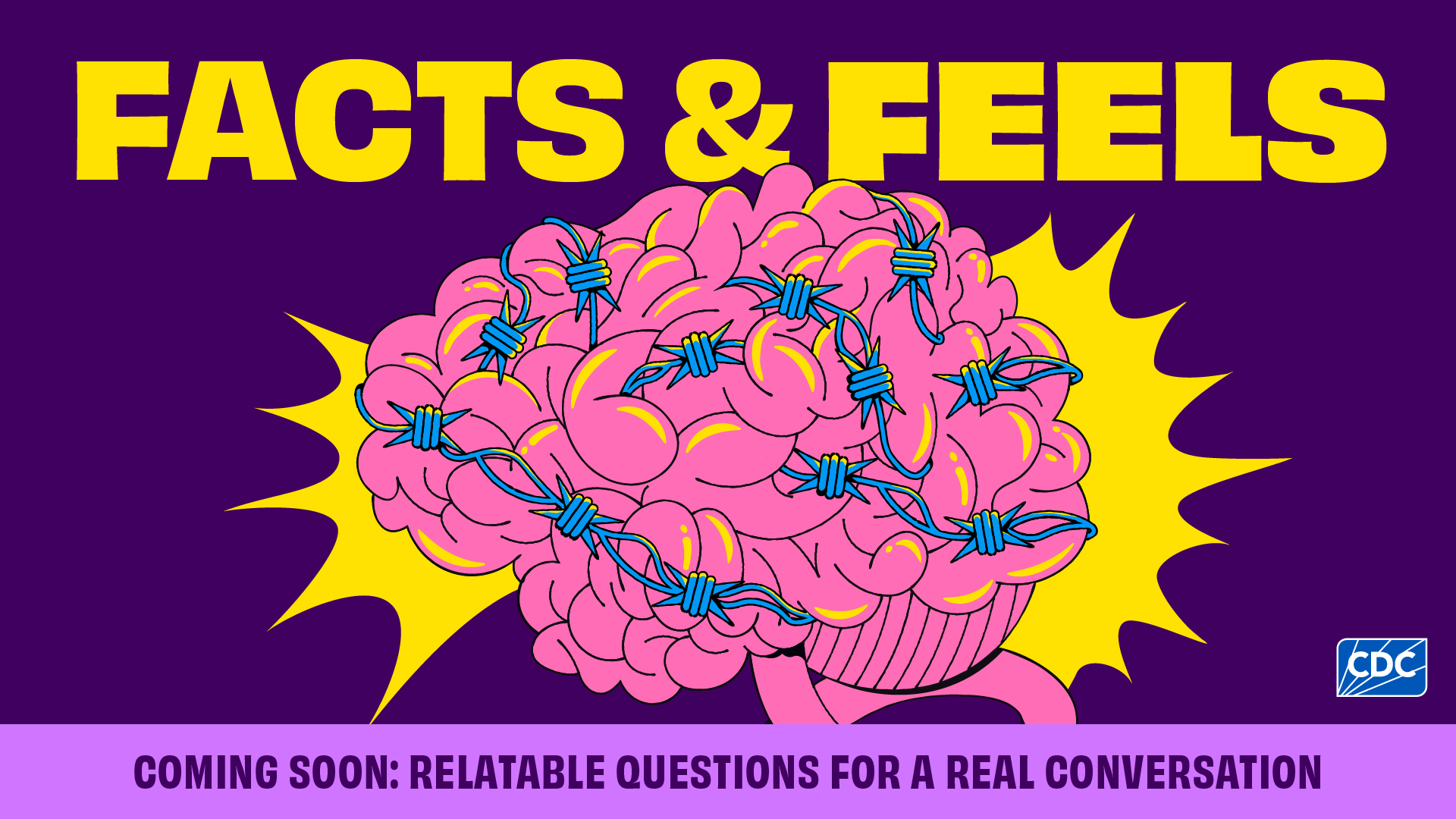
Get the conversation going or practice asking the right questions with Facts & Feels.
Coming SoonIt’s never too early to act
Seek early treatment for your teen if they are experiencing a substance use disorder or mental health condition. Early treatment can make all the difference. Treatment for substance use disorders and mental health conditions can include counseling, rehabilitation and treatment programs, medications, and support groups for both teens and their families.4 Read more about how to find support for treatment.
- Centers for Disease Control and Prevention. Youth Risk Behavior Survey Data Summary & Trends Report: 2013–2023. U.S. Department of Health and Human Services; 2024.
- Substance Abuse and Mental Health Services Administration. Mental health and substance use co-occurring disorders. Retrieved March 24, 2025, from https://www.samhsa.gov/mental-health/what-is-mental-health/conditions/co-occurring-disorders
- Family and Youth Services Bureau. Positive Youth Development. Retrieved May 1, 2025 from https://acf.gov/fysb/positive-youth-development
- Substance Abuse and Mental Health Services Administration. Find support: Treatment types for mental health, drugs and alcohol. Retrieved March 24, 2025, from https://www.samhsa.gov/find-support/learn-about-treatment/types-of-treatment

